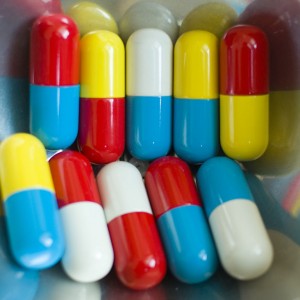“The physician’s belief in the treatment and the patient’s faith in the physician exert a mutually reinforcing effect; the result is a powerful remedy that is almost guaranteed to produce an improvement and sometimes a cure.” — Petr Skrabanek and James McCormick, Follies and Fallacies in Medicine, p. 13.
The placebo effect is the measurable, observable, or felt improvement in health or behavior not attributable to a medication or invasive treatment that has been administered. The placebo effect is not mind over matter; it is not mind-body medicine. ‘The placebo effect’ has become a catchall term for a positive change in health not attributable to medication or treatment. As is explained below, the change can be due to many things, such as regression to the mean, spontaneous improvement, reduction of stress, misdiagnosis in the first place, subject expectancy, classical conditioning, etc.
The idea of the placebo in modern times originated with H. K. Beecher. He evaluated 15 clinical trials concerned with different diseases and found that 35% of 1,082 patients were satisfactorily relieved by a placebo alone (“The Powerful Placebo,” 1955). Other studies have since calculated the placebo effect as being even greater than Beecher claimed. For example, studies have shown that placebos are effective in 50 or 60 percent of subjects with certain conditions, e.g., “pain, depression, some heart ailments, gastric ulcers and other stomach complaints.”* And, as effective as the new psychotropic drugs seem to be in the treatment of various brain disorders, some researchers maintain that there is not adequate evidence from studies to prove that the new drugs are more effective than placebos.


